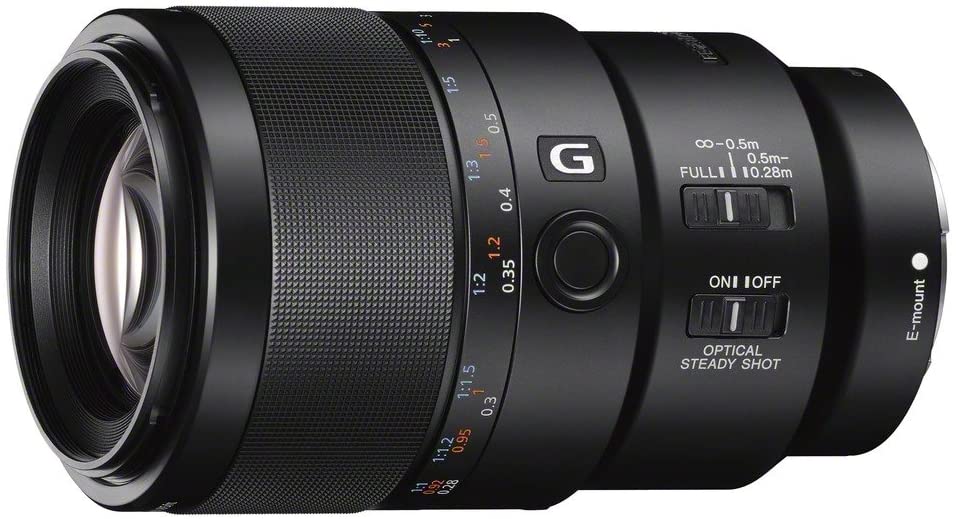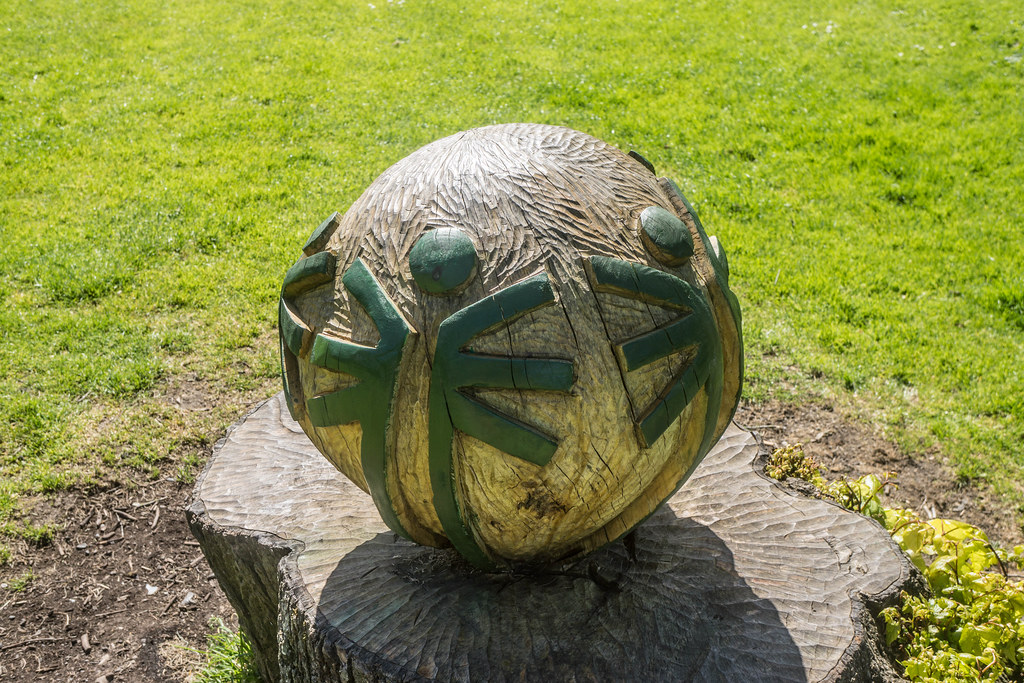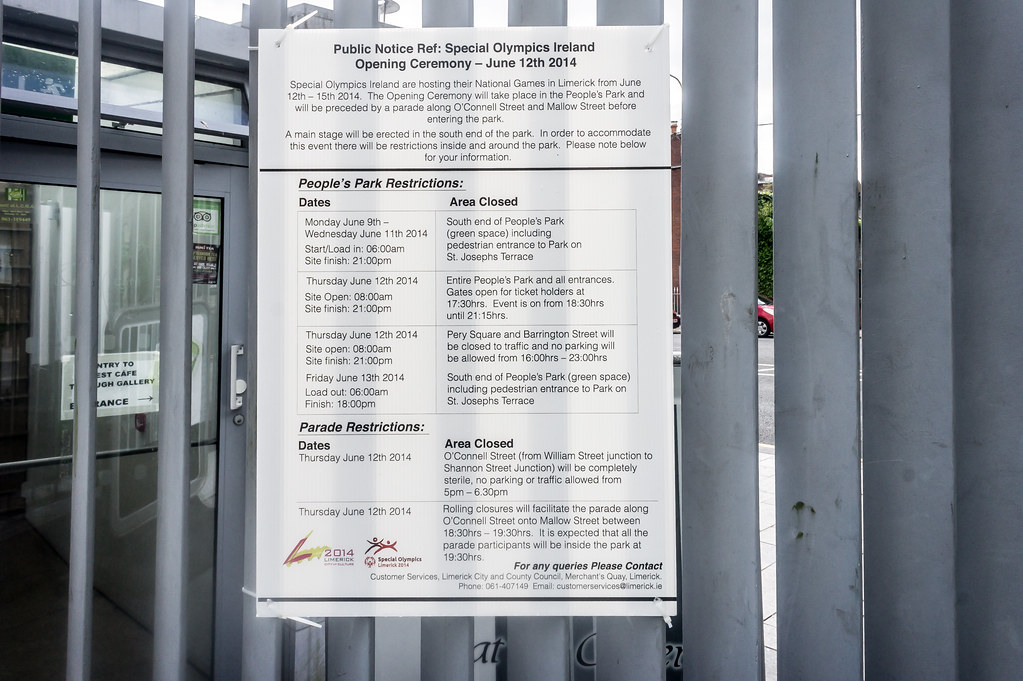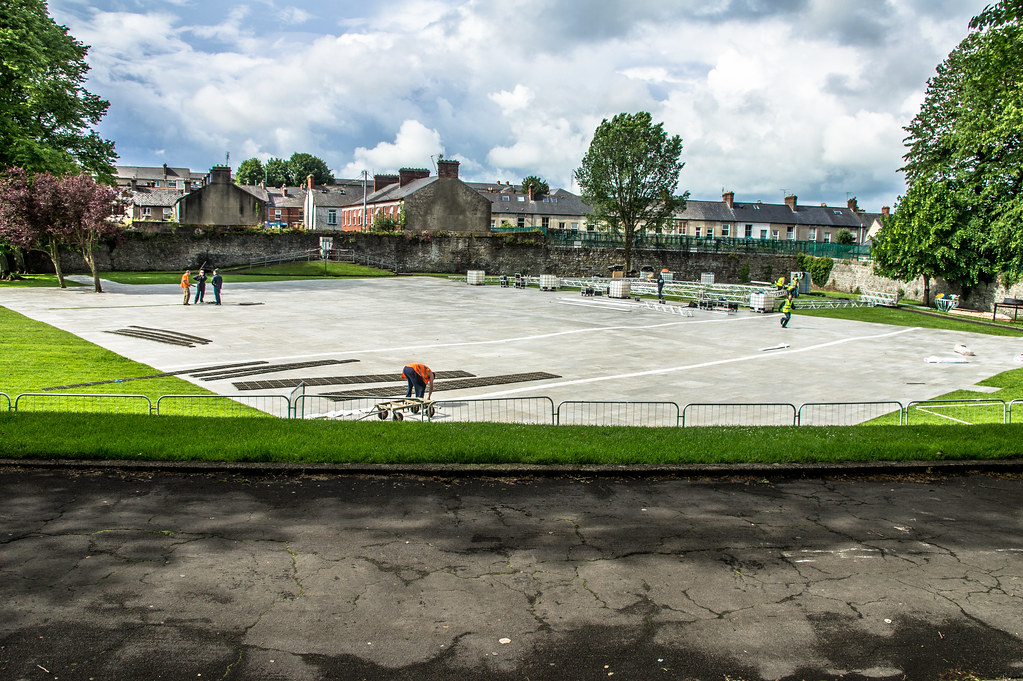SPECIAL OLYMPICS IRELAND 2014PHOTOGRAPHED BY WILLIAM MURPHY
SPECIAL OLYMPICS IRELAND 2014
Currently Special Olympics Ireland offers the following sports: Alpine Skiing, Aquatics, Athletics, Badminton, Basketball, Bocce, Bowling, Equestrian, Football, Golf, Gymnastics, Kayaking, Pitch & Putt, Table Tennis, Floorball as well as offering a comprehensive Motor Activities Training Programme (MATP).
In addition to providing sports training and competition, Special Olympics Ireland also incorporates the Athlete Leadership Programme (ALPs), the Family Support Programme, Healthy Athlete and Volunteer Programme
SORRY FOR THE DELAY
Commercial DisclosurePLEASE NOTE THAT LINKS BELOW MAY REDIRECT YOU TO THE AMAZON LOCATION MOST LIKELY TO SHIP TO YOUR ADDRESS
You will find links to buy products from Amazon, Google and other partners. If you click on these links, you’ll find that the URL includes a small extra piece of text which identifies that the click came from my websites. This text is an affiliate code, and it means that I get a small percentage of the money you spend if you choose to buy that product, or, in some cases, other products from the site soon after. These affiliate links help pay the costs of producing my websites and ensure that the content is free to you.

Sony SEL90M28G FE 90mm f/2.8-22 Macro G OSS Standard-Prime Lens
THIS IS MY FAVOURITE LENS
A perfect match for α7 series, 35mm full-frame E-mount cameras, 90mm Macro with a bright F2.8 maximum aperture, Nano AR coating effectively suppress reflections, Dust and moisture resistant design Minimum Focus Distance : 0.92 ft (0.28 m), Maximum Magnification ratio : 1.0x, Focal Length : 90 mm. The angle of view is 27 degree (35 mm) and 17 degree (APS-C) Optical Steady Shot image stabilization for handheld shooting, Instant manual/auto focus selection via a sliding focus ring, Instant manual/auto focus selection via a sliding focus ring Corner to corner sharpness w/ Advanced Spherical elements, Super ED glass w/ multi‐coating reduces flare and ghosting, 9-blade circular aperture contributes to gorgeous bokeh Direct Drive SSM (DDSSM) for quiet, precise focusing; Weight: 602 g (21.3 oz)
THIS WAS MY FIRST SONY PRIME LENS
These competitions include the Special Olympics World Games, which alternate between summer and winter games. Special Olympics World Games are held every two years. The most recent World Summer Games were the Special Olympics World Summer Games, held in Los Angeles, California (The largest event in LA since the 1984 Olympic Games), from July 25, 2015 to August 2, 2015 and for the first time were part of ESPN daily coverage.
The most recent Special Olympics World Winter Games were held in Pyeongchang, South Korea from January 29 to February 5, 2013. At the same time, the first Special Olympics Global Development Summit was held on "Ending the Cycle of Poverty and Exclusion for People with Intellectual Disabilities," gathering government officials, activists and business leaders from around the world.
Graz and Schladming, Austria will host the next Special Olympics World Winter Games from March 14–25, 2017
In June 1962, Eunice Kennedy Shriver started a day camp called Camp Shriver for children with intellectual disabilities at her home in Potomac, Maryland. She started this camp because she was concerned about children with intellectual disabilities having nowhere to play and that they could benefit from sports activities. Using Camp Shriver as an example, Eunice Kennedy Shriver, who was head of the Joseph P. Kennedy, Jr. Foundation and part of President John F. Kennedy's Panel on Mental Retardation, promoted the concept of involvement in physical activity and other opportunities for people with intellectual disabilities. Camp Shriver became an annual event, and the Kennedy Foundation (of which Eunice became director in 1957) gave grants to universities, recreation departments and community centres to hold similar camps.
Meanwhile, in 1958, Dr. James N. Oliver of England was conducting pioneering research, including a ground-breaking study showing that physical exercise and activities for children with intellectual disabilities had positive effects that also carried over into the classroom ("The Effects of Physical Conditioning Exercises and Activities on the Mental Characteristics of Educationally Sub-Normal Boys, British Journal of Educational Psychology, XXVIII, June 1958). Dr. Oliver would later (1964) serve as consultant to Camp Shriver, the forerunner to Special Olympics.
The 1964 research of Dr. Frank Hayden, a Canadian physical education professor from London, Ontario, had shown that persons with intellectual disabilities can and should participate in physical exercise. Moreover, he believed that the benefits of such activity would be seen in all areas of the athletes’ lives. And so, with the help of a local school that offered space in its gym, the first organised sport program floor hockey for intellectually disabled individuals became available in the fall of 1968.
It was also in the early 1960s that Eunice Kennedy Shriver wrote an article in the Saturday Evening Post, revealing that her sister—also President John F. Kennedy's sister—was born with intellectual disabilities. This frank article about the President's family was seen as a "watershed" in changing public attitudes toward people with intellectual disabilities. Though Rosemary was born with intellectual disabilities, she had later undergone a lobotomy; the brain damage inflicted by the operation caused her to be permanently incapacitated. It has often been said that Rosemary's disability was Eunice's inspiration to form Special Olympics (as the movement came to be called), but she told The New York Times in 1995 that that was not exactly the case. "The games should not focus on one individual,"she said.
The first International Special Olympics Summer Games were held in 1968 at Soldier Field in Chicago. About 1500 athletes from the U.S. and Canada took part in the one-day event, which was a joint venture by the Kennedy Foundation and the Chicago Park District. Anne McGlone Burke, a physical education teacher with the Chicago Park District and recipient of a Kennedy Foundation grant, 15] began with the idea for a one-time Olympic-style athletic competition for people with special needs. Burke then approached her to fund the event. Eunice, in turn, encouraged her to expand on the idea and the JPK Jr. Foundation provided a grant of $25,000.
The advisory committee to the Chicago Special Olympics included Dr. William Freeberg, Southern Illinois University; Dr. Frank J. Hayden, Joseph P. Kennedy Foundation; Dr. Arthur Peavy; William McFetridge, Anne McGlone Burke and Stephen Kelly of the Chicago Park District; and Olympic decathlon champion Rafer Johnson. Eunice Kennedy Shriver was honorary chairman. At the July 1968 games, Shriver announced the formation of Special Olympics and that more games would be held every two years as a "Biennial International Special Olympics.".
In 1971, The U.S. Olympic Committee gave the Special Olympics official approval to use the name “Olympics”.
The first 1977 Special Olympics World Winter Games were held in February 1977 in Steamboat Springs, Colorado, U.S.
In 1988, the Special Olympics was officially recognised by the International Olympic Committee (IOC).
In 1997, Healthy Athletes became an official Special Olympics initiative, offering health information and screenings to Special Olympics athletes worldwide. By 2010, the Healthy Athletes program had given free health screenings and treatment to more than 1 million people with intellectual disabilities.
In 2003 the first Special Olympics World Summer Games to be held outside of the United States took place in Dublin, Ireland. Approximately 7,000 athletes from 150 countries competed over 18 disciplines. The Dublin games were also the first to have their own opening and closing ceremonies broadcast live, performed by the President of Ireland, Mary McAleese. Most significantly the 2003 games dramatically changed the perceptions and attitudes of society regarding the abilities and limitations of people with intellectual disabilities. The opening ceremony of the 2003 Games has been described by President McAleese as "a time when Ireland was at its superb best".
On October 30, 2004, President George W. Bush signed into law the "Special Olympics Sport and Empowerment Act," Public Law 108-406. The bill authorised funding for its Healthy Athletes, Education, and Worldwide Expansion programs. Co-sponsored by Representatives Roy Blunt (R-MO), and Steny Hoyer (D-MD), and Senators Rick Santorum (R-PA) and Harry Reid (D-NV), the bills were passed by unanimous consent in both chambers.
In July 2006, the first Special Olympics USA Games were held at Iowa State University. Teams from all 50 states and the District of Columbia participated.
In 2008, Special Olympics and Best Buddies International launched the Spread the Word to End the Word campaign to encourage individuals to stop using the word "retard" in everyday speech.
In 2011, Senators Tom Harkin and Roy Blunt and Representatives Steny Hoyer and Peter King introduced the Eunice Kennedy Shriver Act to authorise federal funding for Special Olympics Programs and Best Buddies Programs.
COPYRIGHT INFORMATION BELOW APPLIES ONLY TO PHOTOGRAPHS

This work by William Murphy aka Infomatique is licensed under a Creative Commons Attribution-NonCommercial-ShareAlike 4.0 International License.
Permissions beyond the scope of this license may be available at https://excellentstreetimages.com/in-the-year-twentytwenty/copyright/.


